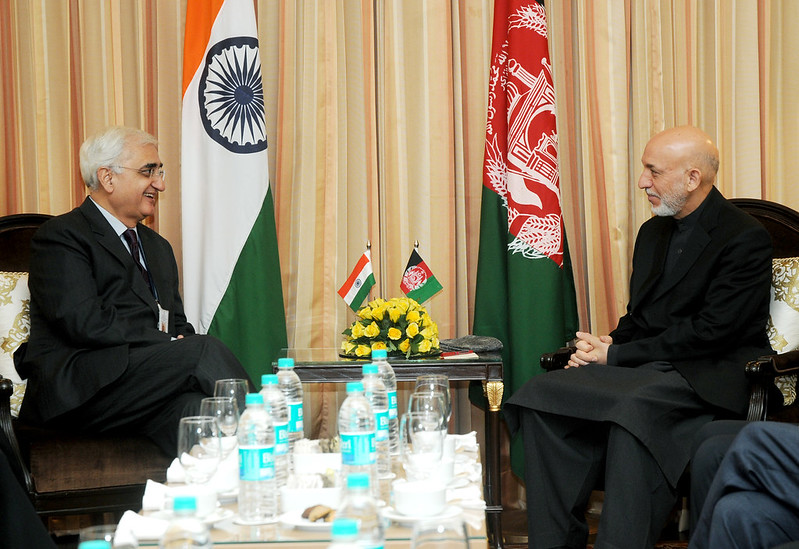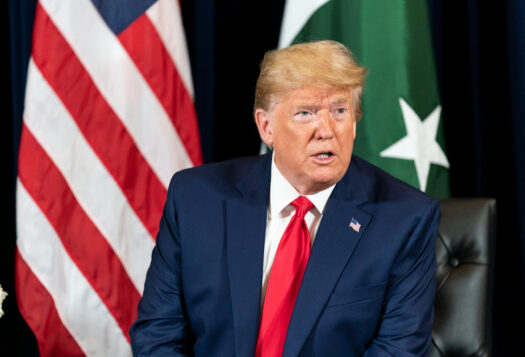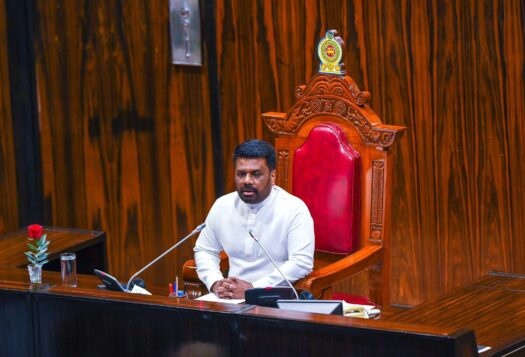
August 15, 2023 marked two years since the Taliban stormed to power in Afghanistan. In this period, Afghanistan’s humanitarian situation has deteriorated markedly, with women bearing the brunt of the decline. India has adopted a cautious approach in its dealings with the Taliban. India continues to provide aid and is monitoring its disbursal through a “technical team” that has been stationed in Kabul since June 2022. India doesn’t officially recognize the Taliban regime but has engaged with the group. The Indian government’s cautious approach raises the question: what can India do to further help the people of Afghanistan? Supporting Afghans and enhancing people-to-people ties is an important attribute of the bilateral relationship that has taken a backseat. While India’s provision of aid is noteworthy, the government can, and must, do more for the Afghan people.
Supporting Afghans and enhancing people-to-people ties is an important attribute of the bilateral relationship that has taken a backseat
What is India’s policy towards a Taliban-controlled Afghanistan?
The Taliban’s takeover of Afghanistan in 2021 marked a new chapter in bilateral ties with India. As scholars and officials monitored the aftermath of Kabul’s fall, serious challenges to Indian security were highlighted – most notably the spectre of terrorism emanating from a Taliban-controlled Afghanistan. In the two decades since 2001, under the security umbrella provided by the United States and its allies, India made considerable investments amounting to over USD $3 billion for the welfare of Afghan people.
In a Taliban-controlled Afghanistan, the question arises: what is India’s policy in Afghanistan? In the immediate aftermath of the Taliban takeover, India’s approach appeared to be reactive. It shut down its Kabul embassy in August 2021, initiated a rescue operation, and limited its interactions with the Taliban to the delivery of aid. Stationing a “technical team” in Kabul was one of the first public steps that the Indian government took towards engaging with the Taliban. This step indicates that India recognizes the political realities on the ground and knows that its presence in Afghanistan will have to be mediated through the Taliban.
For its part, the Taliban has made serious efforts to engage India. The regime, which is diplomatically shunned and economically isolated, has sought for continued developmental assistance from India. Even as India has continued to provide assistance, holding the amount of aid for Afghanistan constant at approximately USD $24 million for 2022-23, the Indian government continues to be concerned about security threats emerging from the region. Incidents such as a terrorist attack on a Gurudwara (Sikh place of worship) demonstrate that terrorist outfits in Afghanistan can and will harm Indian interests.
Another crucial concern for India is the Taliban regime’s proximity to Pakistan. While this is a valid concern given the deep historical links between Pakistan and the Taliban, there have been some notable issues between the two actors including disagreement over a contested border and Pakistani concerns about the Tehreek-e-Taliban Pakistan (TTP) and the Taliban’s ties with this group.
Supporting Afghans
India’s cautious approach in engaging the Taliban is justified given its twin related concerns about security threats emerging from Afghanistan and the Taliban regime’s relationship with Pakistan. What is harder to rationalize is the documented shortcomings from the Indian government in its treatment of Afghan citizens since the Taliban’s takeover. These issues include problems around visa-issuance, renewal of visas for Afghan students in India, challenges faced by Afghani citizens currently in India, and the uncertainty faced by Afghan refugees in India.
The Indian government cancelled all visas, including those for students, after the Taliban wrested power in 2021. This approach towards Afghan citizens, and especially students, will not serve Indian interests in Afghanistan. Afghan citizens from all walks of life, from students to politicians, have seen India as a close partner. In the past, India has also actively sought to strengthen ties by supporting MoUs between “India[n] women and Afghan women-owned companies and organizations” and providing a home ground for Afghanistan’s national cricket team, on top of the substantive developmental and humanitarian aid it already provides.
By rectifying the challenges currently faced by the people of Afghanistan, and especially its students, the Indian government can support the next generation of Afghans. There exist mechanisms through which people-to-people ties can be reinstated. Some ways this can be done include reissuing visas for students who were already studying in India, granting visas to Afghans who wish to pursue their education in India, reinitiating and supporting bilateral cultural ties, and welcoming Afghan artists and sportspeople.
These policy recommendations are grounded in reality as the Indian government has engaged with Afghan citizens through similar mechanisms in the past. It is crucial to acknowledge the very real security concerns that India has with respect to a Taliban-controlled Afghanistan. While the security concerns are legitimate, the Indian government has the capacity to substantively reengage with, and welcome, Afghan citizens while exercising due caution.

Potential challenges
Implementing the suggested policies remains a challenge given the Taliban’s adherence to Sharia law and severe restrictions around the movement of women. While this presents a serious impediment to enacting the recommended policies, it is useful to highlight two factors that might influence the Indian government’s approach. First, ensuring strong people-to-people ties between Afghanistan and India is in India’s long term interests. In the past, India has benefited from its ties with Afghan elites and there exists considerable goodwill towards India among Afghan citizens. India’s closure of its border for Afghan citizens during a serious humanitarian crisis is being, and will continue to be, noticed by Afghans.
Second, India can emphasize that its renewal of mechanisms that foster greater people-to-people ties is only a return to a status quo for India, notwithstanding who holds power in Kabul. India has a strong track record of providing assistance to Afghan citizens. Given the Taliban’s appeal for better ties, the Indian government can leverage its position to reinstitute ways for greater people-to-people ties.
India’s closure of its border for Afghan citizens during a serious humanitarian crisis is being, and will continue to be, noticed by Afghans.
Conclusion
Nearly two decades of electoral rule in Afghanistan enabled India to elevate its presence and invest further in infrastructural projects and in people-to-people ties. For India, which has consistently seen challenges emerge within its neighbourhood in the recent past, the current Taliban rule presents another test. India has the capability to ensure that people-to-people ties are tended to even as it ensures that security threats from the region are minimized. To actualize this capability, that exists in theory, requires political will and creative diplomatic initiatives. For a country that constantly invokes its “civilizational relationship” with the Afghan people, it is in India’s interest to ensure that it remains proactive, and not reactive, when it comes to Afghanistan.
Also Read: India’s Foreign Policy in 2022: A Year in Review
***
Image 1: Indian PM Narendra Modi with former Afghanistan President Ashraf Ghani via Flickr
Image 2: Indian External Minister with former Afghanistan President Hamid Karzai via Flickr


